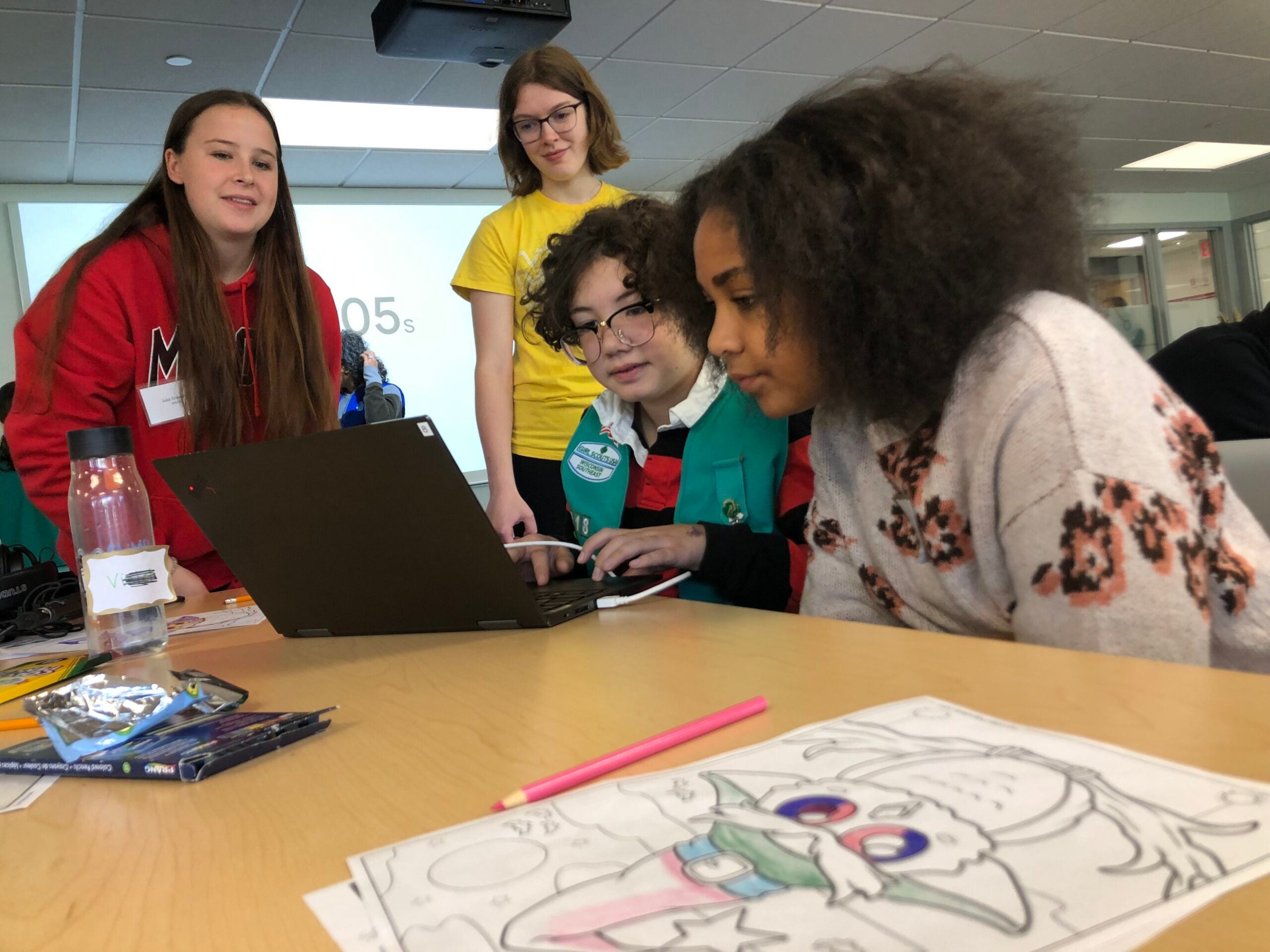After a bishop in Madison sent a letter informing clergy that they could deny Catholic funerals to LGBT members, a petition was circulated calling for his removal. We talk with a priest about how the Catholic church is navigating issues involving LGBT people in their congregations. We also hear why promises of high salaries may not be enough to attract students of color to the fields of science and technology. And we find out about some unique takes on Wisconsin’s favorite cocktail, the Old Fashioned.
Featured in this Show
-
Students Of Color Study STEM With A Focus On Social Justice
Young students interested in STEM fields are often pitched that the careers are lucrative.
But a new study from Vanderbilt University suggests that for students of color, it’s not just about the money.
Researchers found African-American and Latinx students were most likely to go into science, technology, engineering and mathematics because of their interest in social justice issues.
“They are very passionate about the STEM itself,” said Ebony McGee, lead author of the study. “But they see it being intersectional with being able to do good in the world, either in their communities or in the larger global community.”
For the study, McGee interviewed 38 high-achieving black and Latinx STEM undergraduate students, asking for their life stories and what motivated them to enter STEM fields.
Some of the students’ stories were more traditional, such as wanting to make money for their family, said McGee, associate professor of education, diversity and STEM education at Vanderbilt.
“But we also saw folks wanting to do STEM to do things like market the injustices of police cameras in their communities and use the technology they’ve learned in order to talk about the ways in which their communities were surveillanced. Or to build technologies for autistic youth,” she said. “Or to do something that was much more community-centered, much more holistic in nature than we often think about what STEMmers actually want to go into in terms of their career trajectories.”
Many students were also interested in giving back, whether that was becoming a professor or starting a mentorship program for other students of color. Students spoke of how seeing other students of color in the hallways was like a “breath of relief.”
According to a U.S. Census Bureau report from 2013, black people only held 6 percent of STEM jobs, and Latinx held only 7 percent, even though they make up 11 and 15 percent of the total United States workforce, respectively.
Many of the surveyed students said they didn’t feel their goals matched up with the way STEM is often marketed.
McGee said the medical field has always been seen as a place for empathy and altruism. That’s not true with other STEM jobs, she said, where companies focus on innovation and power, not necessarily helping others. That doesn’t mean it can’t change.
“We can do these things when we talk about building power products or environmental engineering,” she said. “We can make those marketing campaigns happen similarly to how we’re doing in the biomedical field, if we just take the time to understand that these are the factors that really matter to many students, not just students of color.”
Although all of the surveyed students were considered high-achieving, over half said they were considering leaving STEM because they couldn’t reconcile that ideological conflict.
“So I think we could be losing out on, let’s say, flying around in cars,” McGee said. “Because in order to do that you need a diversity of thought, a diversity of background, a diversity of talent, in order to create diversity in technology and innovation.”
-
Students Of Color In STEM
Science, technology, engineering, and math (STEM) have long been marketed as fields that bring high incomes and opportunities to create technology that will help the U.S. compete with other global superpowers. New research is suggesting that for students of color – especially Black and Latino students – pursuing STEM careers isn’t just about the money, it’s also about doing social good.
-
Unique Twists On The Classic Wisconsin Old-Fashioned
The brandy old-fashioned is a Wisconsin classic–and a Wausau reporter ventured around the state to find unique twists on the cocktail.
Let us know YOUR favorite old-fashioned in the state–at a bar, restaurant, supper club, or at home! Comment below, or email ideas@wpr.org.
-
Local Catholic Document On LGBTQ Funeral Rites Highlights Division Between Church And Community
Last week, a document was leaked from the Madison Diocese outlining the how funeral rites would be issued for LGBTQ members of the church. In the memo, the church referred to public homosexual relationships as being “gravely contrary to the natural law” and allows the church to deny rites if there is concern that performing them could cause a scandal. Since then, the Madison Diocese has been embroiled in controversy. We speak to Father James Martin SJ about the Catholic church’s fraught relationship with the LGBTQ community.
What do you think of the leaked memo? Do you think that the Catholic church is able to determine how it administers funeral rites? Or, do you think it’s time for the church to reevaluate its stance on the issue?
Call us at 1-800-642-1234 or email ideas@wpr.org. You can also tweet us @CentralTimeWPR or post on the Ideas Network Facebook page.
Episode Credits
- Rob Ferrett Host
- Haleema Shah Producer
- Rob Ferrett Producer
- J. Carlisle Larsen Producer
- Ebony McGee Guest
- Laura Schulte Guest
- Fr. James Martin SJ Guest
Wisconsin Public Radio, © Copyright 2026, Board of Regents of the University of Wisconsin System and Wisconsin Educational Communications Board.

